January Reviews: Begin Again

“For last year's words belong to last year's language
And next year's words await another voice.
And to make an end is to make a beginning." - T. S. Eliot

January Reviews: Robert B Parker's Legacy, the film "Appaloosa," "In These Times" music by Makaya McCraven
BOOKS: The Robert B. Parker Legacy
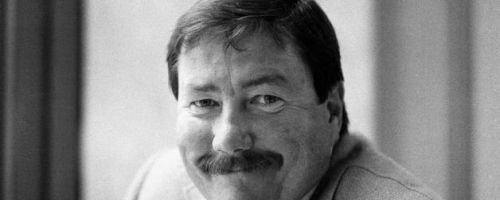
Robert B. Parker (1932-2010) wrote mystery, detective, and western novels. When asked how he thought his novels would be viewed in fifty years, he said, "Don't know. Don't care."
Would you take that cavalier statement as a truthful response from a writer who wrote his Ph.D. thesis about pulp fiction authors?
Parker's novels read smoothly, feature warm characterizations, and deliver violent action. There are many other pulp writers out there who can do that, but in my mind Parker is different. From the very beginning of his career, Parker wrestled with the reader's expectations of the private-detective novel. You can feel him working to satisfy his readers while pulling the form forward into a modern space. He does this with serious intent and it gives his good novels a special heft.
Parker is loved by readers and respected by many other writers including those who would not write a mystery even if you held a gun to their head. He consciously layered his novels with personal subtext: some of it political, some of it about women, and much of it about masculinity.
You may not agree with his ideas, but if you read his novels you cannot escape those ideas, and depending upon your own personal beliefs, you end up either arguing with him in your head or agreeing with him with some satisfaction. This gives his best novels a resonance that other genre writers do not deliver.
Forty of his novels were about the fictional Boston private detective Spenser. He wrote nine other novels featuring the character Jesse Stone and six novels featuring the female private investigator Sunny Randall. His five western novels, featuring the hired guns Virgil Cole and Everett Hitch, are cited as classics of the genre. He also completed an unfinished Raymond Chandler manuscript, Poodle Springs.
More novels featuring these characters and expanding Parker's fictional worlds are now being written by other authors. I am only considering those works that Parker wrote himself.
Parker created urgency on the page using simple descriptions. He moved his stories along with suspense and artful pacing. He ultimately delivered impactful action that seemed warranted and justified, and illuminated character relationships with pitch-perfect dialogue. I believe the only contemporary crime writer who was this good with dialogue was Elmore Leonard.
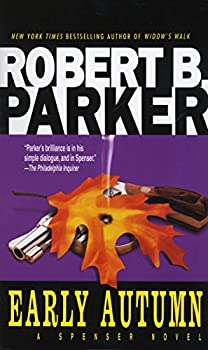
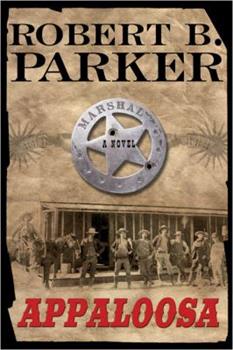
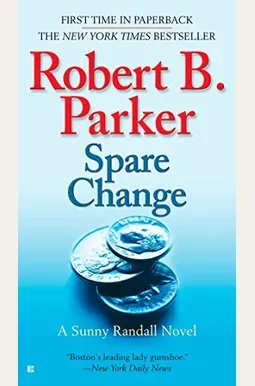
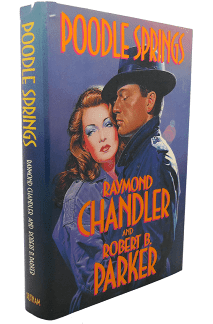
I am not going to address any of the TV or film versions of the Spenser novels. Parker had terrible luck in this regard. None of the actors ever cast as Spenser was able to capture the self-aware intelligence that comes across in the books. In addition, Spenser's underworld Black friend, Hawk, has also never been developed in film or TV as well as he is in the novels. This has led to considerable criticism of the "magic Black" trope where Hawk suddenly arrives to save the day with effective, sociopathic violence. There was some truth to this criticism early on in the Spenser series, but Parker further developed Hawk in later novels, making him a powerful man of depth--a costar of the series in his own right.
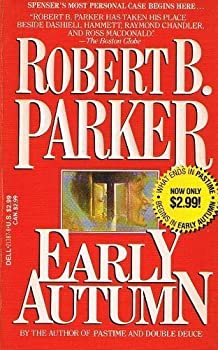
Early Autumn is the seventh Spenser novel and the one that I recommend newcomers start with. It is a perfect example of Parker's strengths and some of his weaknesses. The heart of this novel is the compassion that Parker shows to a neglected boy and how he works step-by-step to teach him how to be a man. The story brings in Hawk with solid development and highlights the special relationship between Spenser and his girlfriend, Susan.
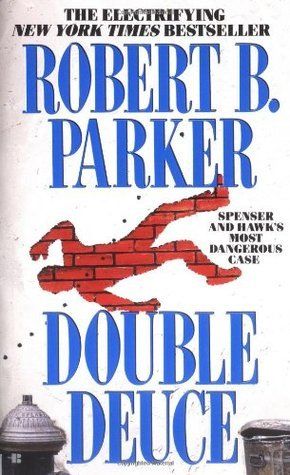
The 22nd Spenser novel Double Deuce is a perfect example of Parker's intention to do more with the genre than deliver hard-boiled patter and urban violence. This is the book you want to read to experience Parker's skill at humanizing his characters. The kingpin bad guy and the ex-nun urban savior are the only weak characters. In truth, each book of this series gets better and better.
It is within the Spenser series that Parker does his best work.
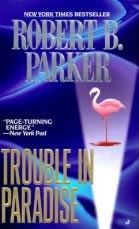
I read one of the Jesse Stone novels, and I found it full of the damaged alcoholic hero tropes. It feels to me like a script written for a TV series, which, of course, it became.
I could not get into the Sunny Randall series at all. It felt contrived and self-consciously commercial. If I want to read about a female detective, there are plenty of great women writers out there writing those stories.
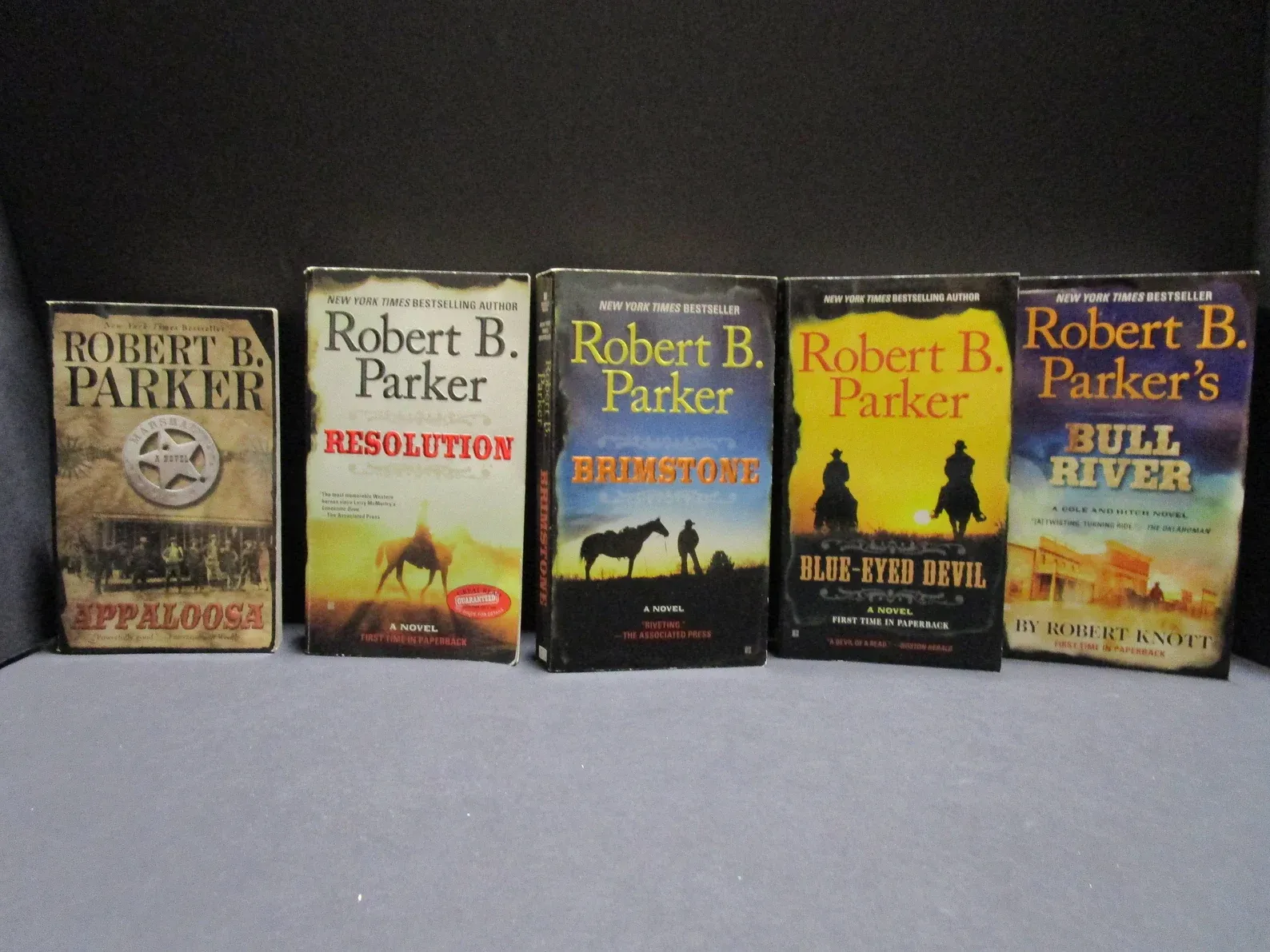
This brings me to the five westerns that I think are Parker's greatest attempt to move a genre forward.
As I mentioned before, he was a scholar. In 1971, he received a Ph.D. in English literature from Boston University writing the dissertation, "The Violent Hero, Wilderness Heritage, and Urban Reality." In his thesis, he wrote about the exploits of fictional private-eye heroes created by Dashiell Hammett, Raymond Chandler, and Ross Macdonald.
Parker's western novels are myths he wrote to both entertain and to further investigate his beliefs about masculinity, violence, and the creation of law and order in the society of our mutually imagined wild west.
I am sure Parker does not expect his readers to believe he is portraying the North American west realistically. I do believe he expects us to experience what he thinks are the legends of masculinity and to show us when it works and when it fails.
Parker was fortunate when Ed Harris produced, starred in, and directed the film version of the first novel in his series of these westerns, Appaloosa.
Harris worked hard to capture the restless intelligence, but limited education of the gun-for-hire Virgil Cole. But even so, the portrayal seemed to miss some of Cole's vulnerability. In the novels, when he faces a foe, it seems clear that he has a plan, but is never sure he will survive it.
Harris perfectly captured the relationships between Cole, Hitch, and Cole's unfaithful and manipulative lover, Allie, whose only redeeming quality seems to be the heart-rending pain she suffers when her schemes fail.
Parker is intent on creating characters that are North American western archetypes. These are stark figures on the stage of a tragedy.
Did Parker move the genre forward in his western novels? I think he tried, but could not. Are the novels great literature? Not hardly. They show the exhaustion of the genre and that may be Parker's point.
The western form can only further retrograde and collapse deeper into itself. The western's pleasures are temporary and bitter at the root. This is to be expected of a genre that was born from nickel novels dramatizing a wildness that had more to do with the genocide of native North Americans than with a desire of good folks for stable law and order.
Robert B. Parker did all he could to advance the forms of popular fiction he cared about. He succeeded where others failed and when he was good, especially in the Spenser/Hawk novels, he was superb.
The five Cole/Hitch novels are recommended as nearly perfect examples of the western genre. There is no new ground broken in these books and the tropes, and their pleasures, are wearing thin. Parker could not change that.
This is apparent in the film version of Appaloosa which, as good as it is in delivering cinematic action, cannot lift the audience above the obvious truths of the mythic old west. These white men, lawmen or outlaws, are numb killers.
SCREEN: Appaloosa
MUSIC: "In These Times" by MAKAYA MCCRAVEN
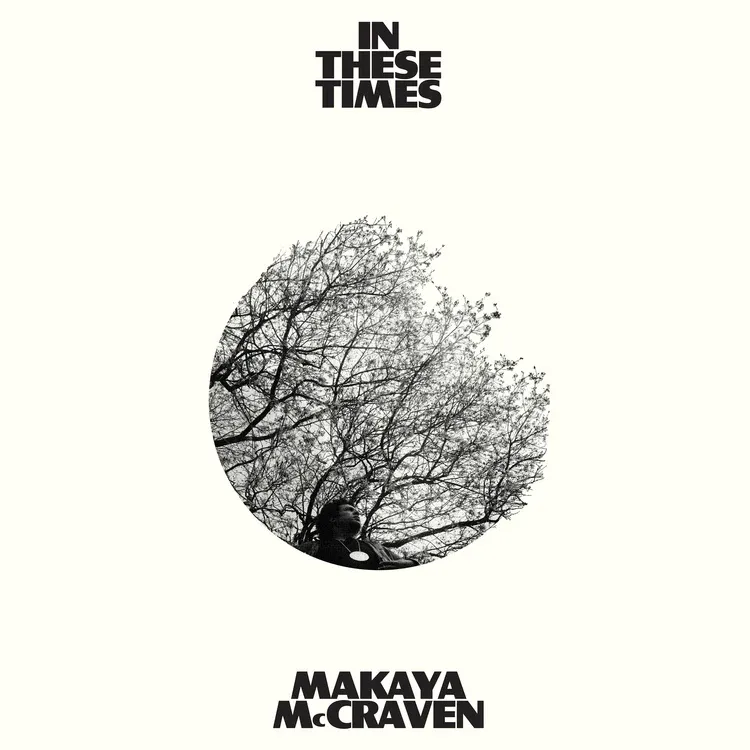
This is the music I needed to lift, soothe, and encourage me to walk into 2023.
In These Times, the sixth album by drummer and bandleader Makaya McCraven has been in development since 2015 and it is a masterpiece.
McCraven established himself as a phenomenal jazz drummer and bandleader with the release of his 2012 debut album Split Decision (Chicago Sessions). His 2018 double album Universal Beings was a studio masterpiece that used internationally known musicians and was nominated for the Jazz Journalists Association Awards in 2019.
Here is a live performance that says it all and that concludes with an inspiring interview that every creative person should hear. This is important music made by an amazing man.
The interview at the end of this performance is so uplifting. Don't miss it.
(Please take a moment to subscribe. Book, music, & screen reviews & interviews, & fiction are in play monthly at dandomench.com --a forever free secure site with the highest standards of privacy available. Your free login is your email and name--the only information the site retains. Your participation is not public. You are never tracked or your email shared. Please contribute if you can. Your payment information is never stored here. Add this website to your address book so we can stay in touch. You can contact me at dandomench@gmail.com.)
